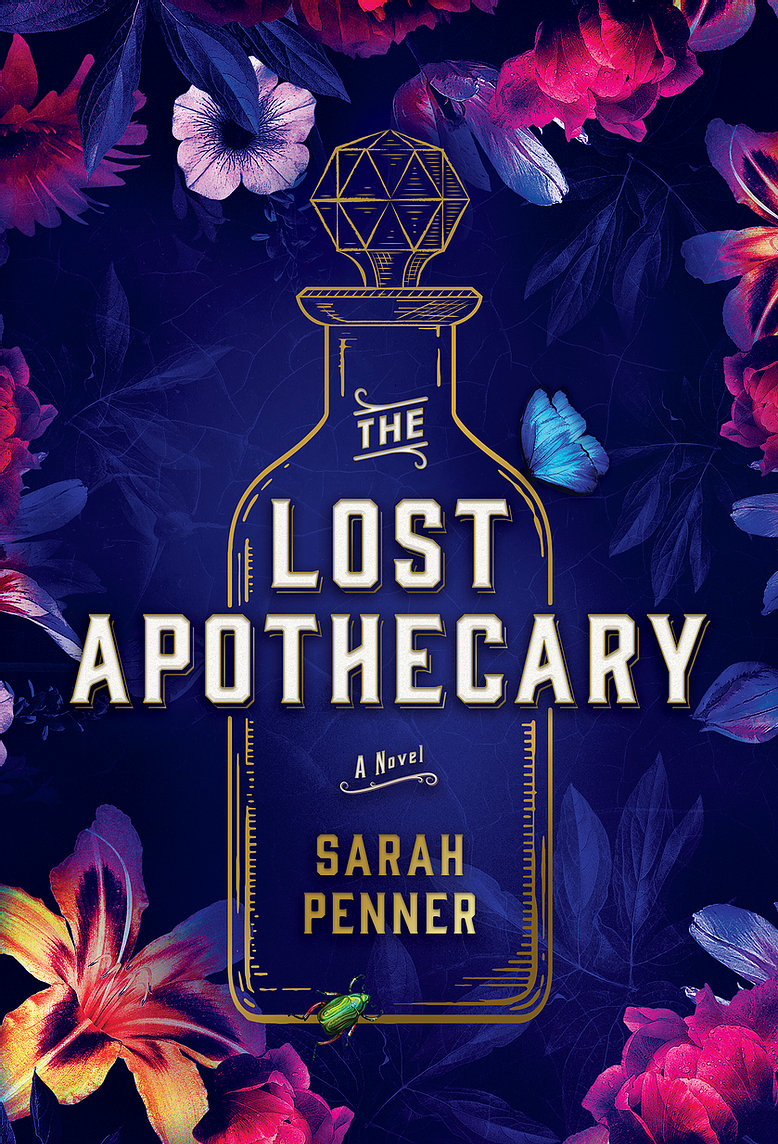CW: miscarriage, suicide
“To me, the allure of history lay in the minutiae of life long ago, the untold secrets of ordinary people“
In a London alleyway in 1790, behind a false wall, there is an apothecary shop. It doesn’t sell cold cures or compresses, but instead something far more deadly. The woman who runs it lives by two rules: her poisons must never be used against another woman, and the name of the murderer and victim must be written down in her register. Centuries later, Caroline Parcewell arrives in London, escaping an unhappy marriage and searching for new purpose. There she finds a small artefact, which will send her down a path leading straight to the apothecary’s door.
Debut novels are often a mixed bag for the reader; just as with the first pancake of a batch, the first novel is rarely the one in which a writer is most confident in their craft. The reader must hope for enough positives to encourage them to follow that author’s future work; in The Lost Apothecary, Sarah Penner has gone beyond this in her creation of a subtle and sinister London.
Historical fiction, to have a modicum of success, has to be atmospheric, has to transport its reader to a different time, make them care about issues that won’t touch their daily lives. Penner weaves threads through the centuries with enormous skill and care, tying women’s issues from the seventeenth through to the twentieth century with ease. It’s simple to imagine oneself sitting in the apothecary’s shop, the air dusty, the light dim, the fire burning, the smell of poisons and herbs all around.
The chapters narrated by the apothecary and her would-be assistant are heart-wrenching, beautiful and gothic. On the other hand, the chapters narrated by Caroline fall a little flat. It is understandable that Penner would want to connect her story to the modern reader, enumerate on the value which history brings to our present, but in truth her voice would have come through that much stronger if she had focused on the two female characters with dare I say it, common sense? Caroline is strangely written in that she seems to have almost no sense of perspective throughout the novel but her chapters serve to increase suspense for the other two narrators so there’s that at least.
Overall, a promising debut, which makes one wonder what else Penner has stocked on her shelves.
Image: Legend Press
Image shows the front cover of The Lost Apothecary

